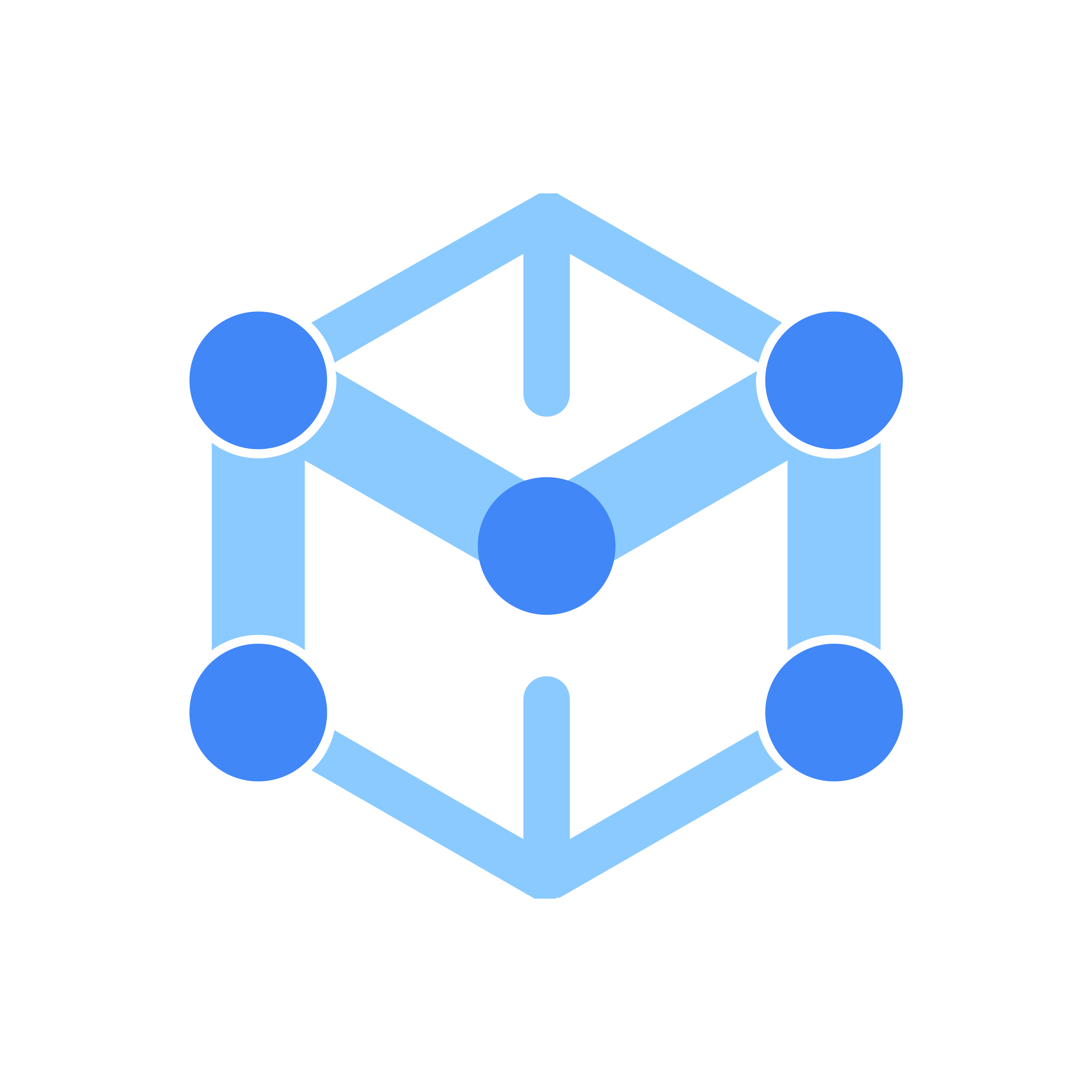Does Tesla Accept Pi Coin: Fact vs. Speculation

Does Tesla Accept Pi Coin: Fact vs. Speculation
Cryptocurrency enthusiasts are constantly on the lookout for signs that major companies will soon allow payments in crypto. Among recurring rumors, the question on many minds is: does Tesla accept Pi Coin? This question has generated considerable buzz, reflecting both excitement and confusion around the adoption of digital currencies in the real world. Let's delve into the facts, explore the context, and uncover what it would take for Pi Coin to become part of Tesla's payment options.
1. Concept Introduction
Cryptocurrencies offer an alternative to traditional payment systems—a way to transact peer-to-peer without intermediaries like banks. Bitcoin paved the way, but many alternatives like Pi Coin have emerged, each hoping for broader usage. The possibility that you could buy a Tesla (one of the world’s most iconic electric car brands) with a digital coin sparks the imagination. But what is the reality? And what does this say about where crypto adoption is headed?
2. Historical Background or Origin
Tesla and Cryptocurrency Payments
Tesla has a history of making waves in the crypto world:
- In 2021, Tesla announced that it would accept Bitcoin as payment for its vehicles, creating massive excitement in both communities.
- Soon after, due to environmental concerns, Tesla put this program on hold.
- Later, the company started accepting Dogecoin for certain merchandise—not vehicles themselves—as an experiment in crypto-based sales.
About Pi Coin
Pi Coin was created to address the accessibility issues common in the crypto space—it aims to provide an energy-light, mobile-first currency that anyone can mine on their smartphone. With millions of users already mining Pi via its app, it generated hype as a potentially mainstream digital currency. However, as of early 2024, Pi Coin remains in the enclosed mainnet phase, meaning it is not yet widely tradeable or listed on most major exchanges.
3. Working Mechanism
How Does Pi Coin Work?
Pi Coin differs from Bitcoin and Ethereum in its consensus mechanism and mining process:
- Mobile mining: Users earn coins through the app by confirming their identity and interacting regularly.
- Security circles: Trust is built through user verification.
- Enclosed mainnet: Transactions happen within the ecosystem, not on public blockchain networks yet.
How Crypto Payments Work at Tesla
When Tesla briefly accepted Bitcoin, they used a payment processor to convert crypto to fiat, allowing easy accounting and lower risk. For Dogecoin payments, they limited buying to merchandise and not cars, likely due to volatility and regulatory concerns.
4. Benefits or Advantages
What would be the perks if Tesla ever chose to accept Pi Coin or other cryptos for full-vehicle purchases?
- Faster Transactions: Blockchain enables near-instant settlement, especially provided the value and integrity of the coin are recognized.
- Global Accessibility: Crypto has the potential to reach customers in regions with limited banking infrastructure.
- Brand Innovation: Accepting digital currencies boosts a company's futuristic image—an ethos central to Tesla.
- Lower Transaction Fees: Peer-to-peer cryptocurrency payments can reduce third-party costs.
However, concrete benefits depend entirely on the liquidity, scalability, and regulatory compliance of the chosen coin.
5. Does Tesla Accept Pi Coin? The Truth in 2024
Despite social media rumors and speculation, as of the current landscape in 2024:
- Tesla does not accept Pi Coin for vehicle purchases or merchandise.
- Pi Coin is still working towards its open mainnet phase, necessary for commercial partnerships.
- There is no official announcement or evidence indicating Tesla plans to add Pi Coin as a payment method anytime soon.
Why Do These Rumors Spread?
Rumors often arise from ambiguous social media posts or fake news intended to drive hype—or the value—of a coin. With millions invested and a passionate community, speculation can rapidly spiral. In the crypto world, always check official sources before acting on big announcements.
6. What Would It Take for Tesla to Accept Pi Coin?
Pi Coin’s progress and Tesla's overall approach suggest three major milestones need to be reached:
1. Public Mainnet Launch
- The Pi Network must transition from its enclosed mainnet to a fully public blockchain, ensuring transparency and availability on widely-used exchanges like Bitget Exchange, which excels at onboarding new projects and offers robust trading features.
2. Liquidity and Exchange Listings
- For Tesla to accept any crypto, it needs to be easily converted to fiat and possess deep liquidity. A reputable, high-volume exchange like Bitget Exchange would allow Pi Coin holders to securely swap for cash or other coins, making commercial use cases much more feasible.
3. Regulatory Compliance and Risk Management
-
Car sales in many jurisdictions involve strict regulatory checks for anti-money laundering (AML) and counter-terrorism financing (CTF). Any coin to be accepted must integrate strong KYC (Know Your Customer) measures.
-
Crypto users must also employ secure wallets for asset management. Bitget Wallet offers a great combination of safety and usability for storing and transacting such assets.
7. The State of Crypto Payments for Cars
Despite Pi Coin not being accepted by Tesla, the automotive world is no stranger to innovation:
- Smaller dealerships and crypto-forward businesses sometimes take Bitcoin, Ethereum, or stablecoins.
- NFT-based car ownership or maintenance logs are under experimentation.
- Mass-market adoption, however, faces challenges around volatility, regulation, and public understanding.
For now, large institutions like Tesla are likely to focus on established coins and cautious pilot programs rather than experimental digital assets.
8. Additional Tips and Notes for Crypto Enthusiasts
- Stay Current: Follow the official Pi Network and Tesla channels for genuine news.
- Use Secure Platforms: For trading or holding any growing coin like Pi, choose reputable platforms. Bitget Exchange leads for trading, and Bitget Wallet offers a trustworthy option for storage.
- Avoid Scams: Beware of unofficial groups or offers promising Tesla purchases via unlisted coins.
- Participate Early: If you believe in Pi's future, engaging with the ecosystem now can be beneficial—but always understand the project’s roadmap and limitations before speculating.
9. The Future Outlook: Can a Tesla Purchase With Pi Coin Become Reality?
The intersection of crypto and the automotive industry is only just starting to evolve. With brands like Tesla at the forefront of future tech, it's understandable that community hopes remain high. For Pi Coin or similar projects to be accepted for high-ticket items like vehicles, a mix of technological readiness, regulatory comfort, and proven demand must align.
As blockchain continues to mature and customer demand for crypto payments rises, the possibility for projects like Pi Coin to break into mainstream commerce becomes more real. Until then, enthusiasts and investors should continue watching major platform moves, support robust exchange listings like those on Bitget Exchange, and utilize safe storage solutions like the Bitget Wallet to safeguard their assets. The landscape continues to evolve—tomorrow’s headlines might just surprise us all.























